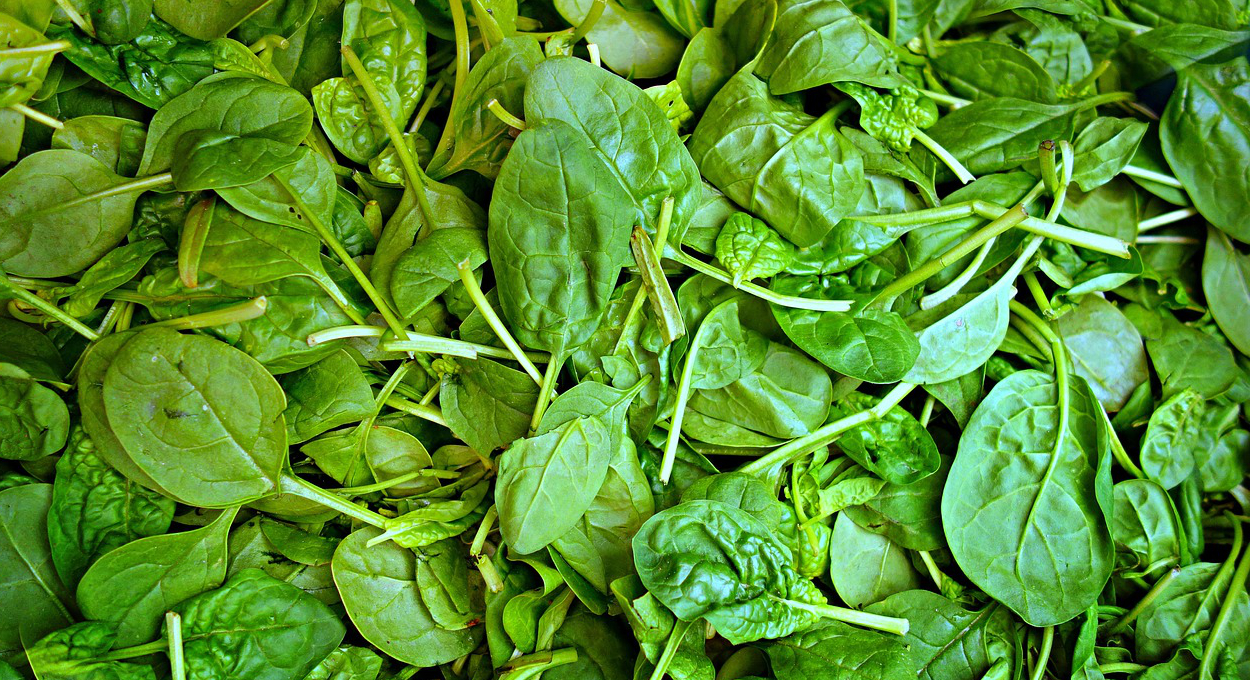
Officials in Sweden are investigating a recent increase in the number of cryptosporidiosis cases.
Folkhälsomyndigheten (Public Health Agency of Sweden) has linked some illnesses to one brand of an unpasteurized pre-purchased freshly pressed fruit and vegetable drink. Investigations indicate it is spinach in the drink, delivered in October, that is the source of infection but as spinach is a fresh product, the contaminated beverage is no longer in store.
During the autumn, and especially in November, there has been a rise in cryptosporidiosis. In October and November, more than 300 cases infected in Sweden have been reported compared to about 20 to 70 infections in all November in previous years.
About half of the country’s 21 regions have cases from all ages but it is mainly adults who have been affected. An increase was first noted in Stockholm.
Drinking water ruled out
Elsie Ydring, an epidemiologist at Folkhälsomyndigheten, said further investigation on the origin of the spinach is ongoing.
“It is regarded as a national outbreak with cases from different regions during the same period and the regions have different drinking water sources. Sweden has 21 regions and the majority of cases during October to November were reported from Stockholm, Östergötland, Västra Götaland, Halland, Jönköping and Dalarna.”
Livsmedelsverket (Swedish Food Agency), Folkhälsomyndigheten and local health agencies are investigating the outbreak to explain the increase.
Mats Lindblad, from Livsmedelsverket, did not name the product but said it was widely distributed in stores in southern and central Sweden.
“The product has not been recalled, because implicated batches were not on the market at the time when the epidemiological investigation indicated this product. No products have been tested in official sampling, because implicated batches have not been available,” he told Food Safety News.
“At the time when outbreak cases likely bought the product in late October, the company imported spinach with origin in different countries from a wholesaler within the EU. The company changed wholesaler at the end of October, already before the outbreak was discovered, and after that the spinach used originated from other countries.”
As part of the investigation, cases are interviewed about what they ate and drank before becoming ill. Samples from those sick are sent to Folkhälsomyndigheten for analysis to determine what type of cryptosporidium they are affected with.
Of 140 samples analyzed so far, 73 belong to the same subtype of Cryptosporidium parvum. In addition to this “A” subtype, a number of different types have been detected including 35 cases with subtype “B”. Both subtypes A and B have been identified in Sweden among human cases before, but are not the most commonly found.
Some infections linked to a beverage
The 73 people with subtype A became ill between Oct. 4 and Nov. 7. Most are aged 20 to 50 years old and 53 percent are women.
Cases have been interviewed about what they ate and drank before becoming ill. Responses from those with subtype A were compared with answers from people with subtype B in a case-case study.
The analysis shows it was more common among the cases with subtype A to have the drink with spinach compared to those with subtype B. Such beverages have not been heat-treated and can contain harmful microorganisms.
Between Oct. 1 and Nov. 13, 35 cases of subtype B. became ill. The majority are adults aged 30 to 60 years old and most are women (63 percent). It is still unknown what those with subtype B have been infected with but the investigation indicates it is a different source than for subtype A.
In a likely foodborne outbreak in 2008, 21 people became ill and 16 were diagnosed with Cryptosporidium. The probable source of infection was fresh parsley imported from Italy. Rocket salad was suspected as the cause in another outbreak in the same year with at least 18 people sick.
Cryptosporidium hominis and Cryptosporidium parvum are the most common types associated with human infection. Infection from person to person through direct and indirect contact may occur.
Cryptosporidium is a single celled parasite which, if ingested, can cause cryptosporidiosis. The main symptom is watery diarrhea, which can range from mild to severe. It is often accompanied by stomach pain, nausea or vomiting, fever and sometimes dehydration and weight loss. Symptoms usually appear two to 10 days after infection and last one to two weeks.
(To sign up for a free subscription to Food Safety News, click here.)
"Drink" - Google News
December 06, 2019 at 12:10PM
https://ift.tt/38akD4T
Unpasteurized spinach drink tied to increase of cryptosporidium cases - Food Safety News
"Drink" - Google News
https://ift.tt/2PaqMW3
Shoes Man Tutorial
Pos News Update
Meme Update
Korean Entertainment News
Japan News Update
Bagikan Berita Ini














0 Response to "Unpasteurized spinach drink tied to increase of cryptosporidium cases - Food Safety News"
Post a Comment